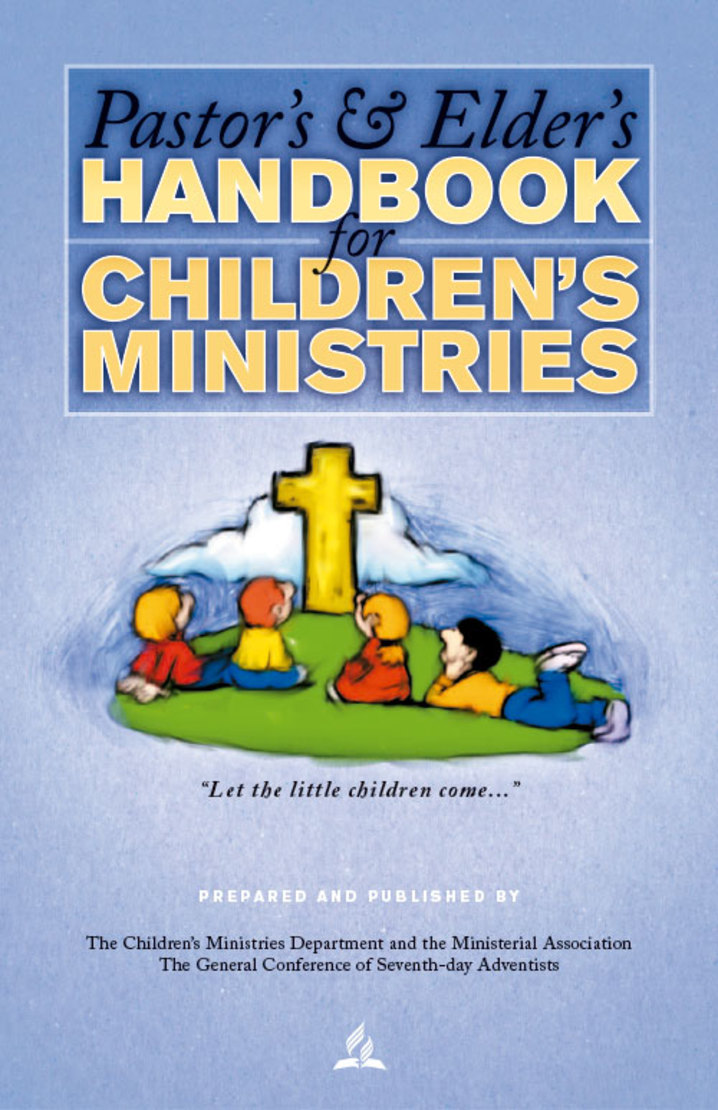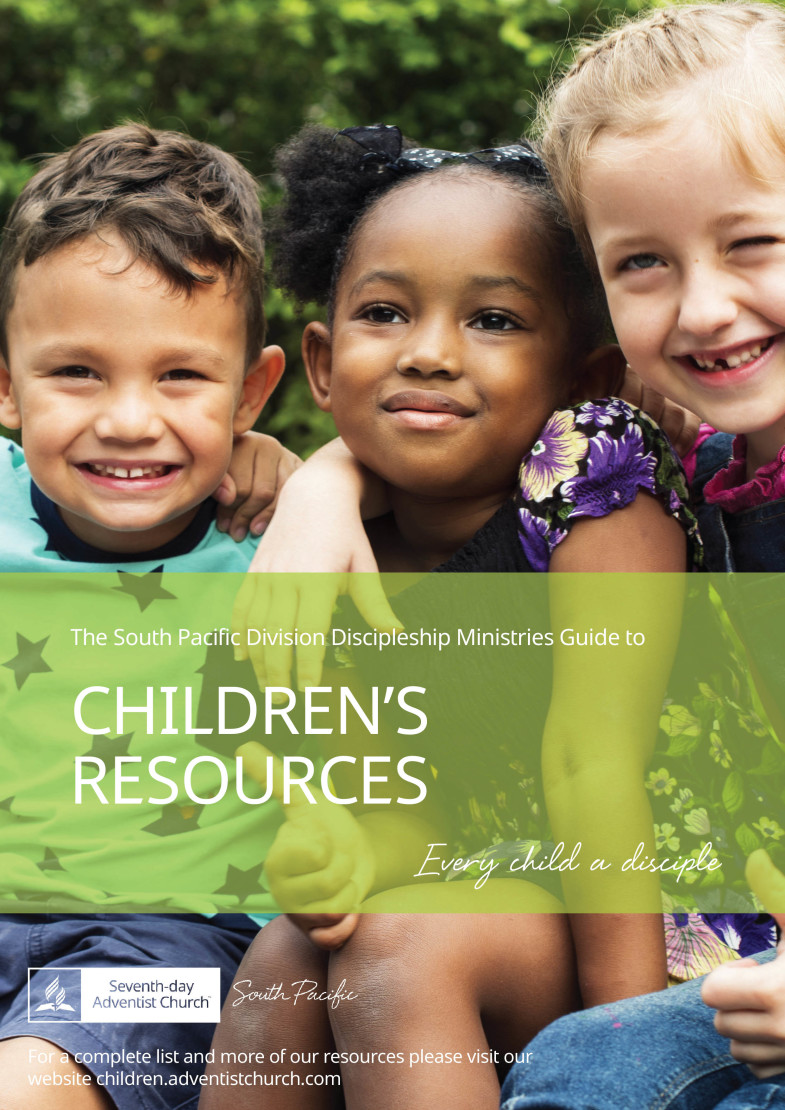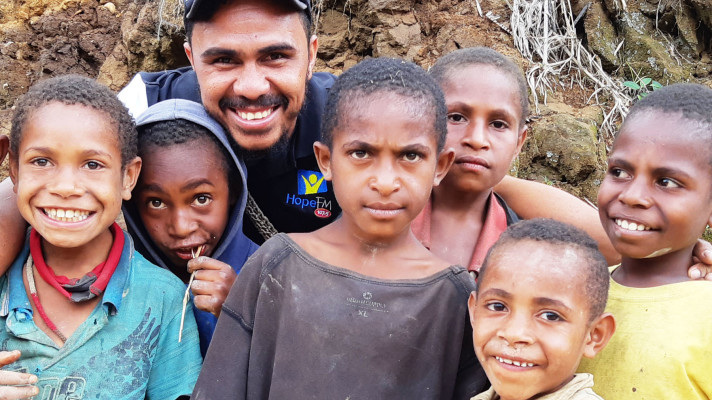Reason why CHM department exist in the Adventist structure and how it impact the Church.
Papua New Guinea Union Mission Children’s Ministries came into existent in 1978 but have been under Personal Ministries and Sabbath School until it came to be a stand-alone department in 1996.
From it’s beginning the leaders have been concentrating on children’s Sabbath school and other areas of ministry to children.
The purpose of this department: Is to oversee the work of spiritual nurturing and training for children within the home & church.
Our commission: is to Lead and connect every child’s heart within our reach to Jesus. And lead them to be true disciple of Jesus.
How it has impacted the church? We’ve had good leaders in our church and country because of our homes, church and school structure and programs that touched the lives of children.
Vision was: The children of today are the leaders of tomorrow.
For more information of this department please check: https://children.adventistchurch.com/
KING'S KIDS
FOR MORE OF KING'S KIDS VIDEOS
please CLICK HERE

CHILDREN MINISTRY HANDBOOK
This booklet is a guide for pastors, elders, volunteer children's leaders, parents and others in the local church who wish to understand and learn how to organize a new children's ministry or strengthen an existing one.
DOWNLOAD GUIDE FOR CHILDREN'S MINISTRY IN SPD
In this booklet you will find the descriptions, prices and ways to access some of your most popular and new resources.

CHURCH MANUAL STATEMENTS
Seventh-day Adventists affirm the right of every child to a happy and stable home environment, and the freedom and support to grow up to be the person God intended. In 1989, the United Nations General Assembly recognized the fundamental importance of children by adopting the “Convention on the Rights of the Child.” In harmony with my of these lofty principles, and considering the value Jesus placed on children when He said, “Let the children come to me, and do not hinder them, for the kingdom of heaven belongs to such as these” (Matt 19:14, NIV), we seek to aid children who suffer from the following destructive influences:
STATEMENT ON WELL-BEING AND VALUE OF CHILDREN
Poverty—Poverty impacts children’s development, robbing them of necessary food, clothing, and shelter, and adversely affecting their health and education.
Illiteracy—Illiteracy makes it difficult for the parents to earn wages or care for their family or for the child to reach his or her potential.
Poor health care—Millions of children have no access to health care because they lack the proper insurance coverage or they live where medical care is unavailable.
Exploitation and vulnerability—Children are corrupted and exploited when they are used for cheap labor, sweat shops, armed conflict, and the perverted sexual pleasure of adult predators, and are exposed to sexually explicit materials in the mass media and on the Internet.
Violence—Every year many children die violent deaths. The vast majority of individuals who suffer in armed conflicts are women and children. Children bear deep physical and psychological scars, even after the fighting stops.
In response to the above issues and needs, Seventh-day Adventists stand for the following rights of children:
The right to a loving and stable home where there is safety and freedom from abuse.
The right to adequate food, clothing, and shelter.
The right to proper health/medical care.
The right to an education that prepares children for a positive role in society by developing their personal potential and giving them earning capacity.
The right to a religious and moral education in the home and church.
The right to freedom from discrimination and exploitation.
The right to personhood, respect, and the development of positive self-esteem.
STATEMENT ON CHILD SEXUAL ABUSE
Child sexual abuse occurs when a person older or stronger than the child uses his or her power, authority, or position of trust to involve a child in sexual behavior or activity.
Incest, a specific form of child sexual abuse, is defined as any sexual activity between a child and a parent, a sibling, an extended family member, or a step/surrogate parent.
Sexual abusers may be men or women and may be of any age, nationality, or socioeconomic background. They are often men who are married with children, have respectable jobs, and may be regular churchgoers. It is common for offenders to strongly deny their abusive behavior, to refuse to see their actions as a problem, and to rationalize their behavior or place blame on something or someone else. While it is true that many abusers exhibit deeply rooted insecurities and low self-esteem, these problems should never be accepted as an excuse for sexually abusing a child. Most authorities agree that the real issue in child sexual abuse is more related to a desire for power and control than for sex.
When God created the human family, He began with a marriage between a man and a woman based on mutual love and trust. This relationship is still designed to provide the foundation for a stable, happy family in which the dignity, worth, and integrity of each family member is protected and upheld. Every child, whether male or female, is to be affirmed as a gift from God. Parents are given the privilege and responsibility of providing nurture, protection, and physical care for the children entrusted to them by God. Children should be able to honor, respect, and trust their parents and other family members without the risk of abuse.
The Bible condemns child sexual abuse in the strongest possible terms. It sees any attempt to confuse, blur, or denigrate personal, generational, or gender boundaries through sexually abusive behavior as an act of betrayal and a gross violation of personhood. It openly condemns abuses of power, authority, and responsibility because these strike at the very heart of the victims' deepest feelings about themselves, others, and God, and shatter their capacity to love and trust. Jesus used strong language to condemn the actions of anyone who, through word or deed, causes a child to stumble.
The Adventist Christian community is not immune from child sexual abuse. We believe that the tenets of the Seventh-day Adventist faith require us to be actively involved in its prevention. We are also committed to spiritually assisting abused and abusive individuals and their families in their healing and recovery process, and to holding church professionals and church lay leaders accountable for maintaining their personal behavior as is appropriate for persons in positions of spiritual leadership and trust.
AS A CHURCH WE BELIEVE OUR FAITH CALLS US TO:
Uphold the principles of Christ for family relationships in which the self-respect, dignity, and purity of children are recognized as divinely mandated rights.
Provide an atmosphere where children who have been abused can feel safe when reporting sexual abuse and can feel that someone will listen to them.
Become thoroughly informed about sexual abuse and its impact upon our own church community.
Help ministers and lay leaders to recognize the warning signs of child sexual abuse and know how to respond appropriately when abuse is suspected or a child reports being sexually abused.
Establish referral relationships with professional counselors and local sexual assault agencies who can, with their professional skills, assist abuse victims and their families.
Create guidelines/policies at the appropriate levels to assist church leaders in:
Endeavoring to treat with fairness persons accused of sexually abusing children,
Holding abusers accountable for their actions and administering appropriate discipline.
Support the education and enrichment of families and family members by:
Dispelling commonly held religious and cultural beliefs which may be used to justify or cover up child sexual abuse.
Building a healthy sense of personal worth in each child which enables him or her to respect self and others.
Fostering Christlike relationships between males and females in the home and in the church.
Provide caring support and a faith-based redemptive ministry within the church community for abuse survivors and abusers while enabling them to access the available network of professional resources in the community.
Encourage the training of more family professionals to facilitate the healing and recovery process of abuse victims and perpetrators.
(The above statement is informed by principles expressed in the following scriptural passages: Gen 1;26-28; 2:18-25; Lev 18:20; 2 Sam 13:1-22; Matt 18:6-9; 1 Cor 5:1-5; Eph 6:1-4; Col 3:18-21; 1 Tim 5:5-8.)
JESUS' MINISTRY TO CHILDREN
Throughout His earthly ministry, Jesus took time to minister to the children. Both the Scripture and the pen of inspiration indicated very clearly the value He placed on children. His ministry to them included:
He blessed and prayed for the children. When mothers brought their little ones to Jesus, the disciples tried to drive them away. However, Jesus rebuked them instead. Then He placed His hands on the children, blessed them, and prayed for them (Matthew 19:14).
He affirmed the children. Jesus declared affirmatively that the kingdom of heaven belongs to children, too. In fact, anyone who does not receive the kingdom of God like a little child will never enter it (Mark 10:15). Here He identifies an important criterion for entering God’s kingdom as being trusting and humble as a child.
On another occasion when Jesus was asked by His disciples who would be greatest in the kingdom of heaven, He placed a little child in their midst, “And He said, “I tell you the truth, unless you change and become like little children, you will never enter the kingdom of heaven (Matthew 18:3, NIV). Here again, Jesus underscores the importance of learning from a child. He mentions one of the characteristics in Matt. 18:4: “Therefore, whoever humbles himself like this child is the greatest in the kingdom of heaven.”
He befriended the children. He enjoyed the little things they did and even the flowers they brought Him. E. G. White writes: “As the children gathered the wildflowers so abundantly around them, and crowded up to present to Him their offerings, He received them gladly, smiled upon them, and expressed His joy at seeing so many varieties of flowers.”—Upward Look, p. 57.
He participated with the children. Jesus not only watched the children at play, but He got involved with them in their activities. Again, E. G. White writes: “Christ watched children at their play, and often expressed His approval when they gained an innocent victory over something they were determined to do. He sang to children in sweet and blessed words. They knew that He loved them. He never frowned on them. He shared their childish joys and sorrows. Often He would gather flowers, and after pointing out their beauties to the children, would leave them with them as a gift. He had made the flowers and He delighted to point out their beauties.”—Upward Look, p. 57.


